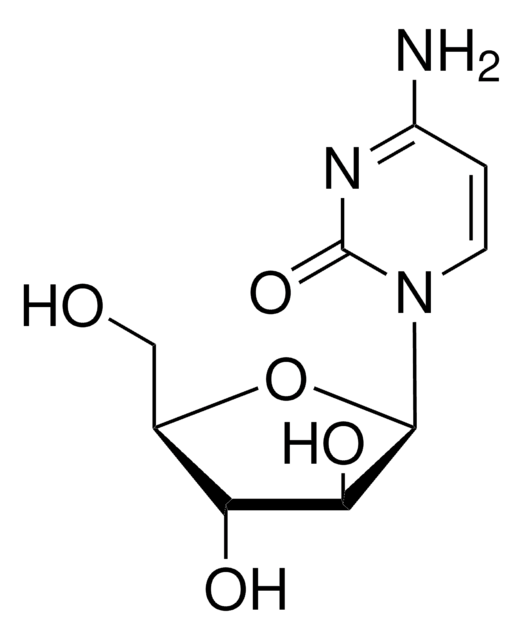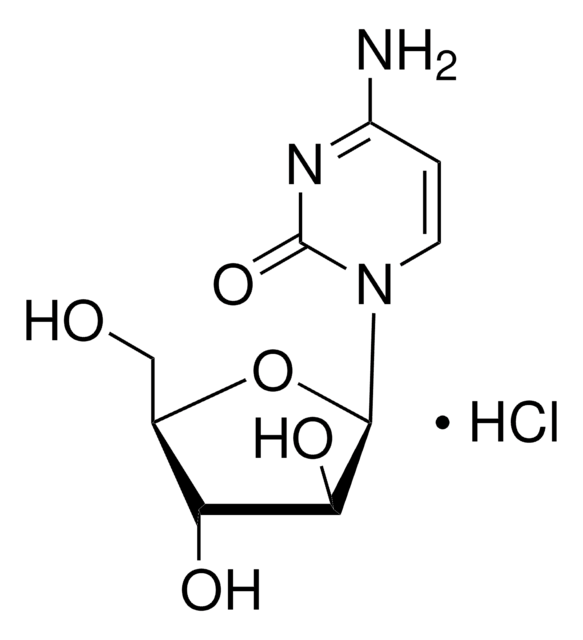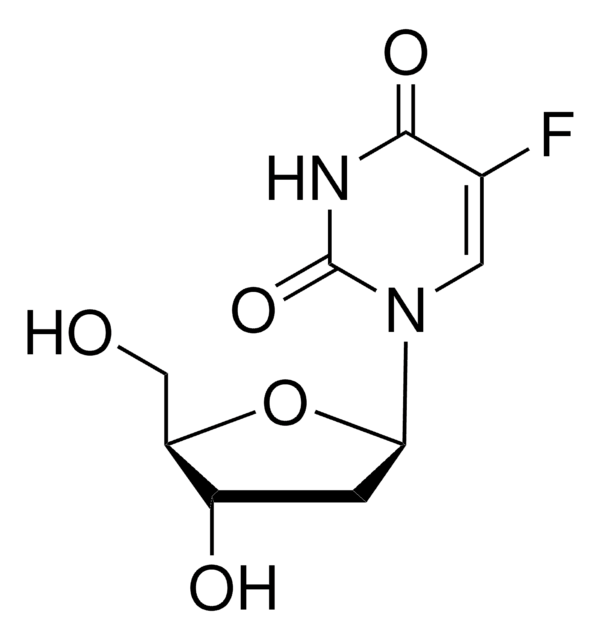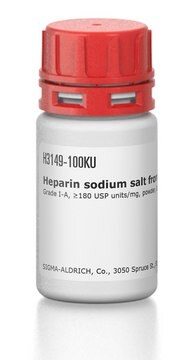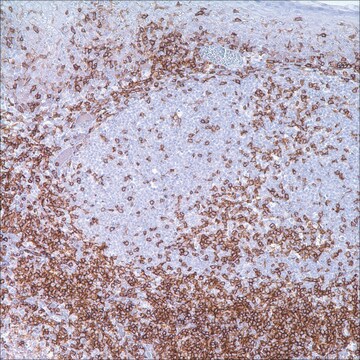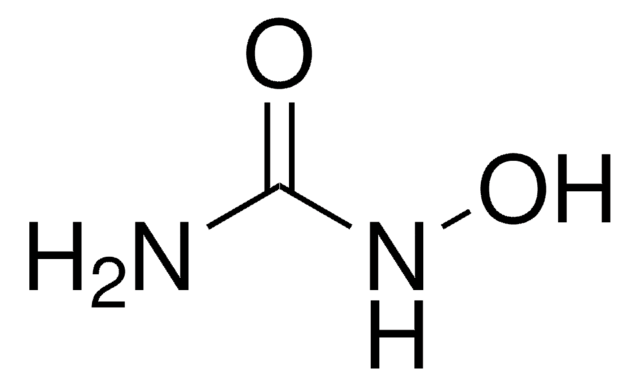251010
Cytarabine
≥98% (HPLC), solid, DNA replication inhibito, Calbiochem
Synonym(s):
1-β-D-Arabinofuranosylcytosine, Ara-C, Cytarabine, Cytosine Arabinoside
About This Item
Recommended Products
Product Name
1-β-D-Arabinofuranosylcytosine, Anticancer, antiviral agent that is especially effective against leukemias.
Quality Level
Assay
≥98% (HPLC)
form
solid
manufacturer/tradename
Calbiochem®
storage condition
OK to freeze
color
white
solubility
water: 1 mM
shipped in
ambient
storage temp.
2-8°C
SMILES string
[n]2([c](nc(cc2)N)=O)[C@@H]1O[C@@H]([C@H]([C@@H]1O)O)CO
InChI
1S/C9H13N3O5/c10-5-1-2-12(9(16)11-5)8-7(15)6(14)4(3-13)17-8/h1-2,4,6-8,13-15H,3H2,(H2,10,11,16)/t4-,6-,7+,8-/m1/s1
InChI key
UHDGCWIWMRVCDJ-CCXZUQQUSA-N
General description
Biochem/physiol Actions
Anticancer, antiviral agent that is especially effective against leukemias
Warning
Reconstitution
Other Notes
Dessi, F., et al. 1995. J. Neurochem.64, 1980.
Grant, S., et al. 1994. Oncol. Res. 6, 87.
Greenberg, A.L., et al. 1994. Cancer74, 1261.
Perrino, F.W., et al. 1997. J. Biol. Chem.269, 16357.
Tomkins, C.E., et al. 1994. J. Cell Sci.107, 1499.
Taddie, J.A., and Traktman, P. 1993. J. Virol.67, 4323.
Brach, M.A., et al. 1992. Mol. Pharmacol.41, 60.
Este, E., et al. 1992. Blood79, 2246.
Owens, J.K., et al. 1992. Cancer Res.52, 2389.
Legal Information
Signal Word
Warning
Hazard Statements
Precautionary Statements
Hazard Classifications
Repr. 2 - Skin Sens. 1
Storage Class Code
11 - Combustible Solids
WGK
WGK 3
Certificates of Analysis (COA)
Search for Certificates of Analysis (COA) by entering the products Lot/Batch Number. Lot and Batch Numbers can be found on a product’s label following the words ‘Lot’ or ‘Batch’.
Already Own This Product?
Find documentation for the products that you have recently purchased in the Document Library.
Customers Also Viewed
Our team of scientists has experience in all areas of research including Life Science, Material Science, Chemical Synthesis, Chromatography, Analytical and many others.
Contact Technical Service